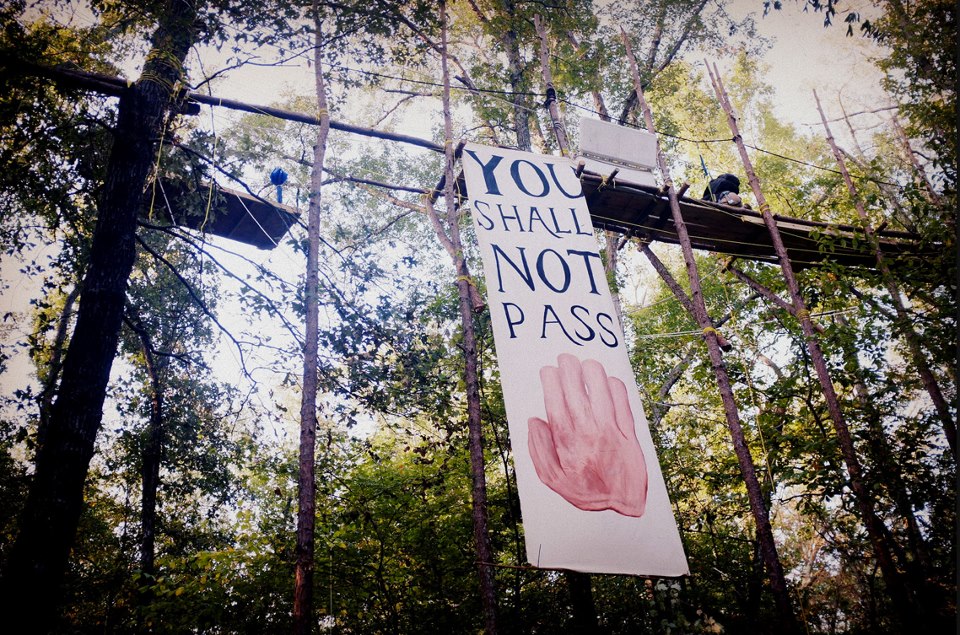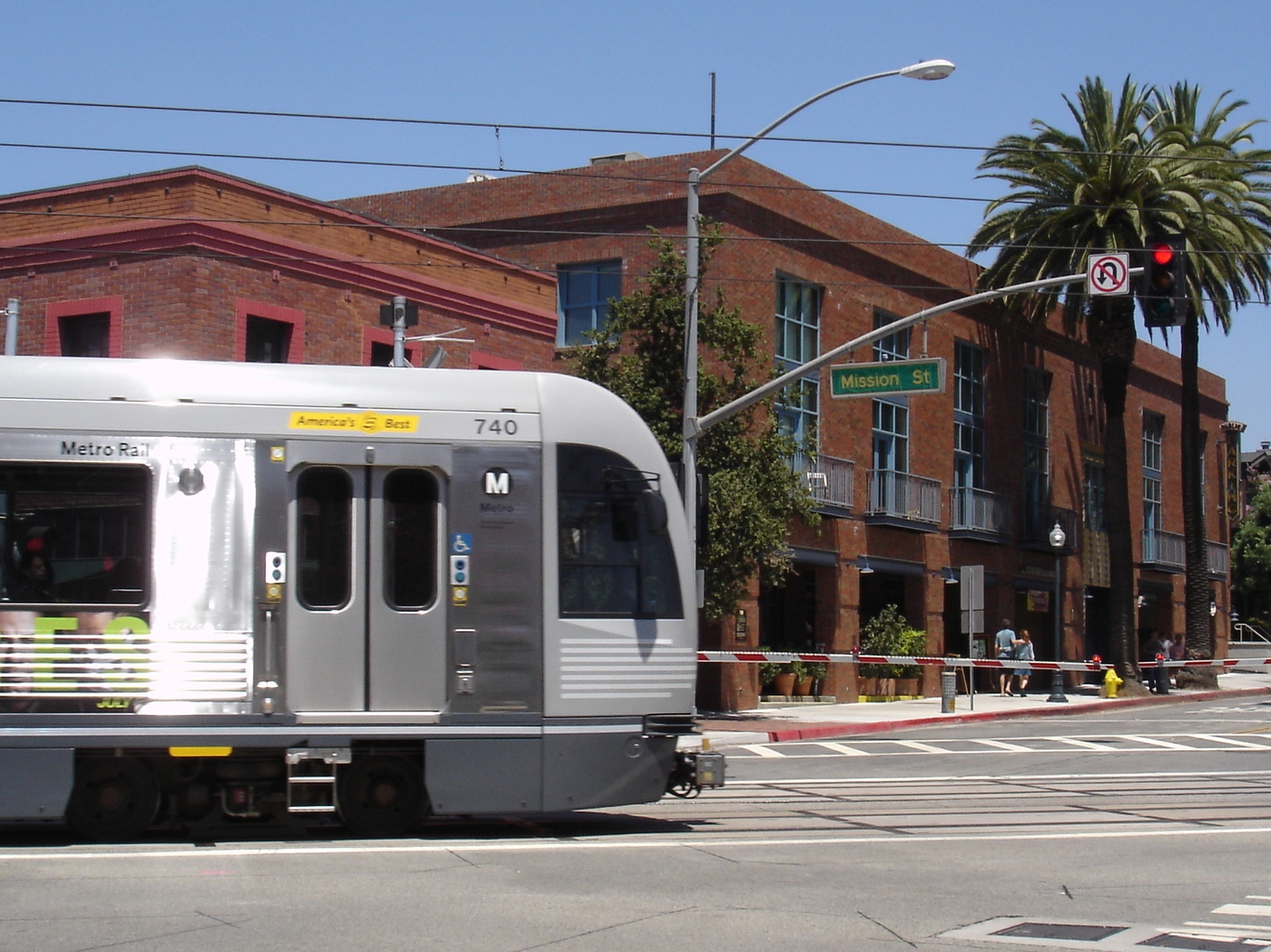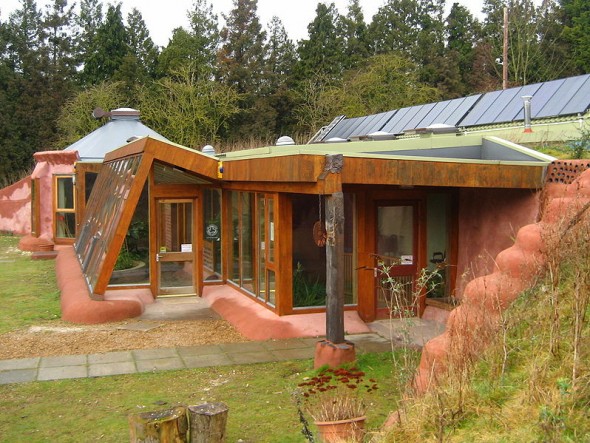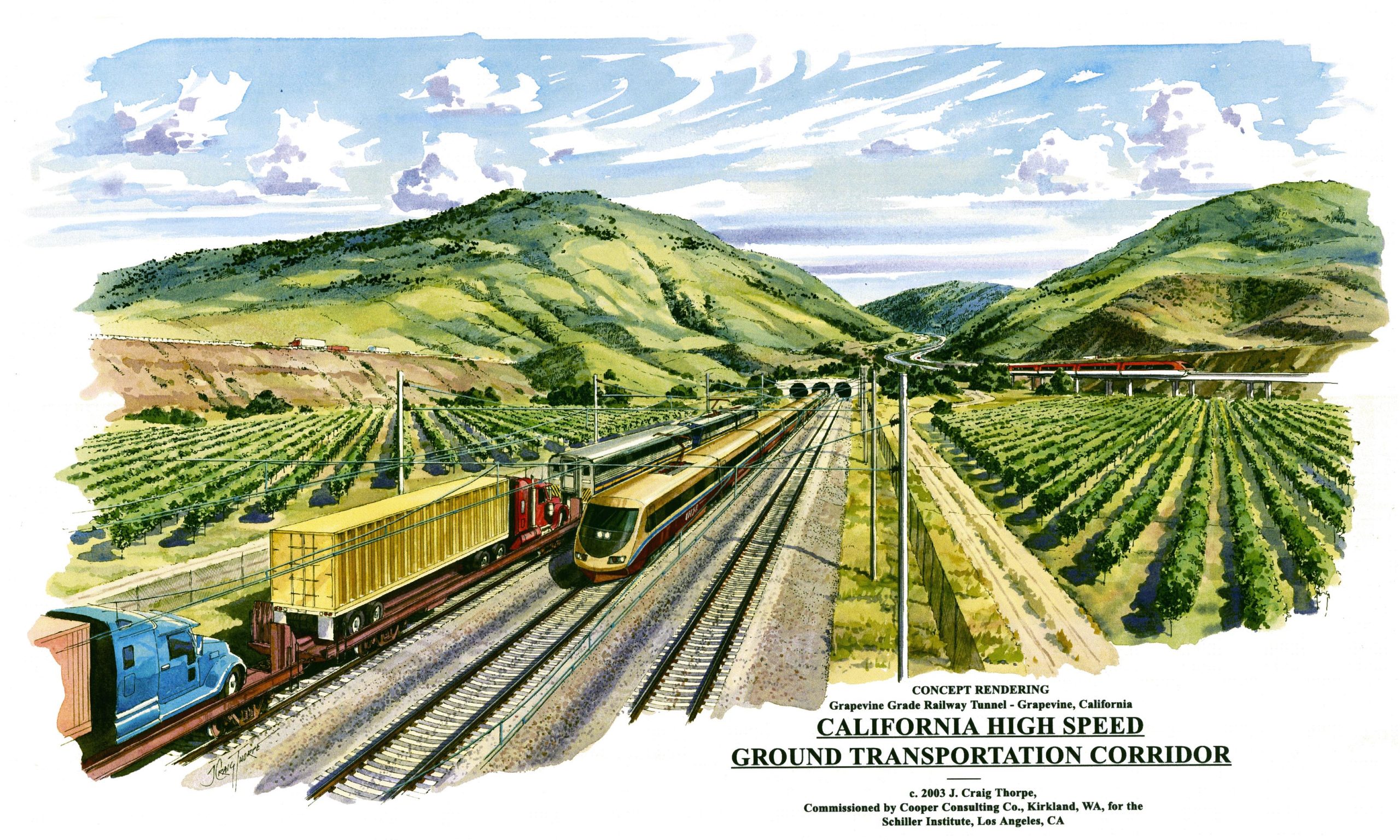While bulldozers and diggers bashed a 50-foor-wide path for the Keystone XL pipeline, planned from Cushing, Oklahoma to Port Arthur, Texas, a group of tar sands blockaders have taken to the trees.
Author: Jack Eidt
A Los Angeles Rail~Volution: A City in Sustainable Transition
The Rail~Volution Conference rolled into Los Angeles to illustrate how transit projects energize neighborhoods, meeting a significant demand for multi-density housing walkable to restaurants, offices, and shops. They can transform the landscape and mindset, in this case, of auto-addicted Southern California. One stop at a time.
Earthship Biotecture: Self-Sufficient, Off-the-Grid Communities
Passive solar Earthships provide electricity, potable water, sustainable food production, with contained sewage treatment, and can be built anywhere in the world. Renegade eco-architect Michael Reynolds’ construction and design process called Earthship Biotecture creates beyond LEED Architecture, a sustainable green building design made of natural and recycled materials.
Midway Atoll: The Plastic Plight of the Albatross
A short film follows artist Chris Jordan to investigate the thousands of albatrosses dying from ingestion of plastic from the Pacific Garbage Patch. The Albatross journey across the sea takes them over the world’s largest dump: slowly rotating masses of partially-submerged trash between San Francisco and Hawai’i.
Riding the Sky with Reindeer Shamans of Siberia
In Siberia, shamans combine a distinctive imagery of reindeer and of bird-flight. Their costumes sometimes include imitation reindeer antlers, occasionally tipped with wings or feathers, placed on the headdress. Like the participants in the Eveny (Evenki) midsummer ritual, shamans may ride to the sky on a bird or a reindeer.
Vision of Sustainable Mobility? High-Speed Rail Challenges California
Despite an eventual pricetag of $68 billion and numerous engineering, environmental and political challenges, the California bullet train offers a promising vision of sustainable mobility, posing less impacts and competitive costs than expanding airports and freeways.
Wild Eco Lodge: Sweden’s Primitive Kolarbyn
Set in a wild forest near the Skärsjön Lake, the Kolarbyn Eco-Lodge is Sweden’s most primitive hotel, offering twelve electricity-free “nature huts” allowing communion with the Swedish landscape without actually camping.






